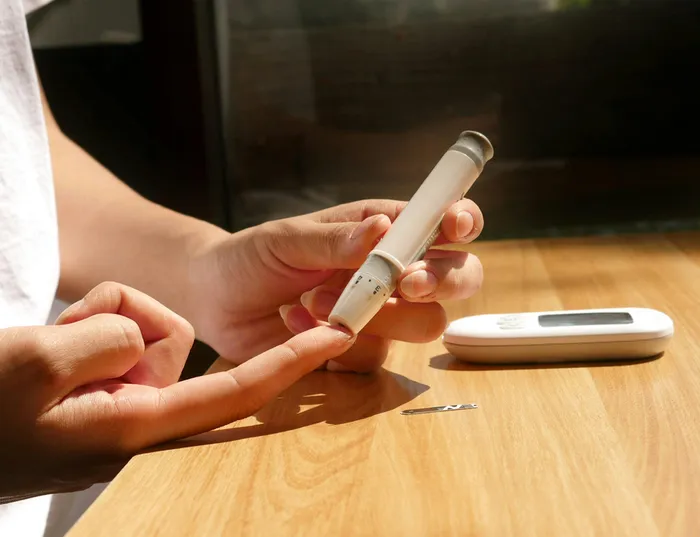
South Africa has some of the highest diabetes statistics in the world, but lifestyle adjustments can change the trajectory of the disease in the country.
Image: Unsplash
WITH November designated World Diabetes Month, and the world observing World Diabetes Day on the 14th – an opportunity arises to shine a spotlight on one of the most alarming health crises facing humanity.
For South Africa, it is a poignant reminder that diabetes is not merely a distant concern; it is rapidly emerging as one of the country’s deadliest foes, with far too few people acknowledging the magnitude of the problem.
Statistics from the International Diabetes Federation (IDF) reveal a gripping reality: over 2.3 million South African adults are living with diabetes, which constitutes about 7% of the adult population. Disturbingly, more than half of these individuals remain unaware of their condition. This ignorance puts millions at risk of severe health complications, including heart disease, kidney failure, blindness, and even amputations. Many who suffer from diabetes may be oblivious to the fact that their fatigue, excessive thirst, or malaise could be indicators of a chronic illness.
“Diabetes isn’t just about sugar – it’s about systems,” says Tania Joffe, founder of Unu Health. “It’s about access to screening, education, healthy food, and the ability to manage your health in a sustainable way. When one in every 14 adults is living with diabetes, we’re talking about a national health emergency.”
Research conducted by Wits University indicates that diabetes has ascended to the status of the second leading cause of natural death in South Africa, with women being disproportionately affected as it claims the top spot among female fatalities. Currently, the financial burden of managing known diabetes cases is estimated at R2.7 billion per year for the public health system. Experts caution that if the numerous undiagnosed cases were also treated, this figure could balloon to R21 billion by 2030.
These figures underscore a larger narrative rooted in contemporary living. Longer work hours, inadequate access to nutritious food, and a cultural acceptance of sugar-laden diets are significant contributors to the growing crisis. South Africans rank among the highest consumers of sugary beverages in Africa; alarming studies reveal that these drinks are responsible for over a quarter of new diabetes cases within the nation.
“For too long, we’ve thought of diabetes as something that happens to ‘other people’,” Joffe states. “The truth is, it’s happening to us – to our parents, our friends, and increasingly, to our children. The good news is that it’s largely preventable and, when caught early, manageable.”
Type 2 diabetes, which is the most prevalent form, can often be prevented or its onset delayed through healthier lifestyle choices and early detection. Simple screening tests can identify elevated blood sugar levels long before the appearance of concerning symptoms, revealing a path to empowerment and health restoration.
“The most powerful medicine we have is awareness,” Joffe emphasises. “If every South African made one positive change today – whether it’s getting screened, moving more, or eating better – we could change the trajectory of diabetes in this country.”